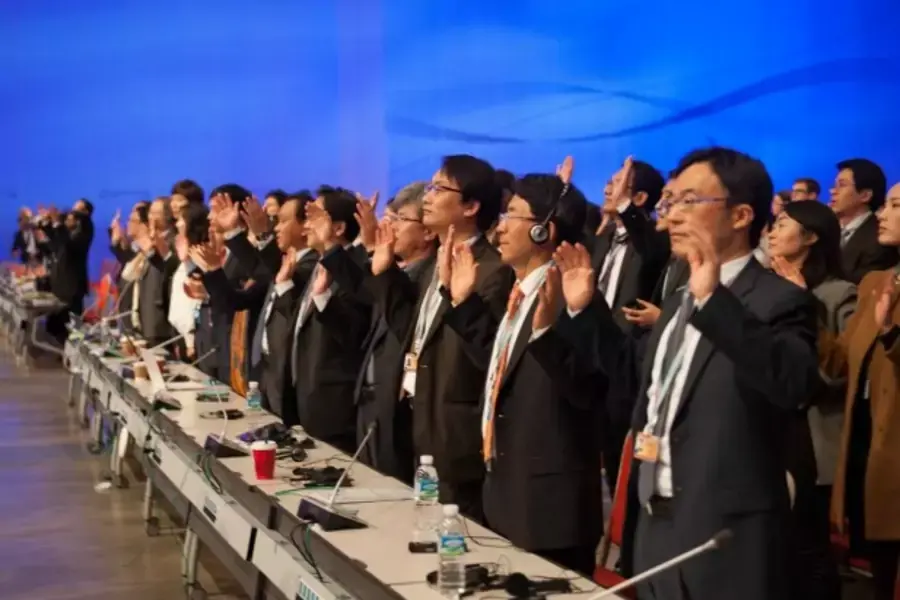Internet Governance after Busan

More on:
The Plenipotentiary of the United Nation’s International Telecommunications Union (ITU) ended last week, and the general consensus seems to be that biggest loser may be the rhetoric of the United Nations "taking over the Internet." Resolutions that might have given the ITU greater authority over Internet matters were watered down or diverted. CFR’s Digital and Cyberspace Policy Program published three policy briefs before the meeting (the strategies of the United States, Germany, and India). Here are some other views from the web on how the meeting went.
In The Guardian, Samantha Dickinson argues that the debate over the Internet was in part overshadowed by other issues, including disputes over Crimea and Palestine, Ebola, and how to track airplanes. The United States, in Dickinson’s view, came on too strong on issues of cybersecurity and surveillance. Australia, New Zealand and Sweden held their own and garnered new respect. In the end,
Outcomes were fairly insubstantial. It suggests the internet cold war is definitely thawing after the key battle at WCIT [World Conference on International Telecommunications] in 2012. States will still need to posture and clearly state their policy positions in proposals, but are more willing to let them go by the wayside … as long as proposals by those with opposing views also aren’t incorporated. This doesn’t mean that states don’t want to pursue their goals—it simply means they are being more patient about how long it will take to get there.
Writing for CircleID, Byron Holland makes a similar argument: "The current news out of Busan paints the Plenipotentiary as a non-event, at least by its midpoint." And like Dickinson, Holland sees Internet governance as a long game:
It’s true that the Busan resolutions won’t have a direct effect on the Internet once the Plenipot winds up on November 7. However, this does not mean that certain governments will give up on the proposals they couldn’t get through in Busan. We are likely to see them crop up again at another ITU or intergovernmental meeting in the not-too-distant future.
Over in The Register, Kieren McCarthy argues that while the ITU will be less the battlefield, China, Russia, and parts of the Middle East will regroup and push for greater control in other forum. They will also concentrate their efforts on controlling the Internet within their own borders. And while this is good news for the Internet, McCarthy is not optimistic of what it means for users, especially in the West:
It’s not governments that will be distorting the internet to their ends and away from yours any more; it’s the corporations.
Ambassador Daniel Sepulveda, the head of the U.S. delegation, argues that the conference was a success for the United States and that the delegation achieved its objectives, which included preventing changes to the ITU’s convention that would have expanded authority to the Internet and increasing the organization’s transparency. Moreover, Sepulveda sees the emergence of what he calls the Busan Consensus:
We may also have successfully established a basis and process for work going forward that enables the ITU to work within its mandate to promote global connectivity while leaving more contentious issues of how people use that connectivity, particularly as it relates to the Internet’s core functions and use, to other institutions and decentralized deliberation, of which the members of the ITU will be a part. The Busan Consensus did not answer the difficult questions facing the world’s governments as they relate to the global communications system, nor does it mean that we will all agree on policy solutions going forward. The Busan Consensus establishes that the ITU has a vital role to play in that conversation, but for the purposes of establishing policy, it should do so only within its authority and expertise.
All four articles are worth reading. After you do, come back and tell us what they missed, or got wrong, in the comments.
More on:
 Online Store
Online Store
